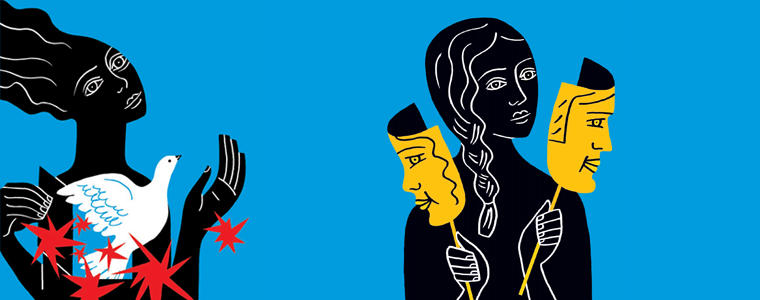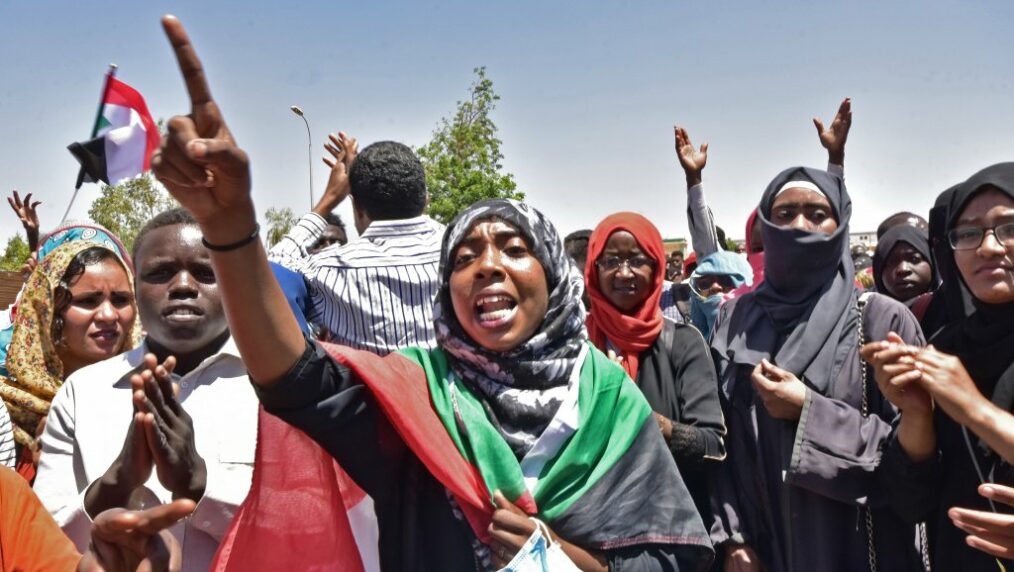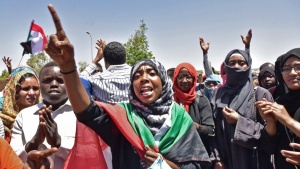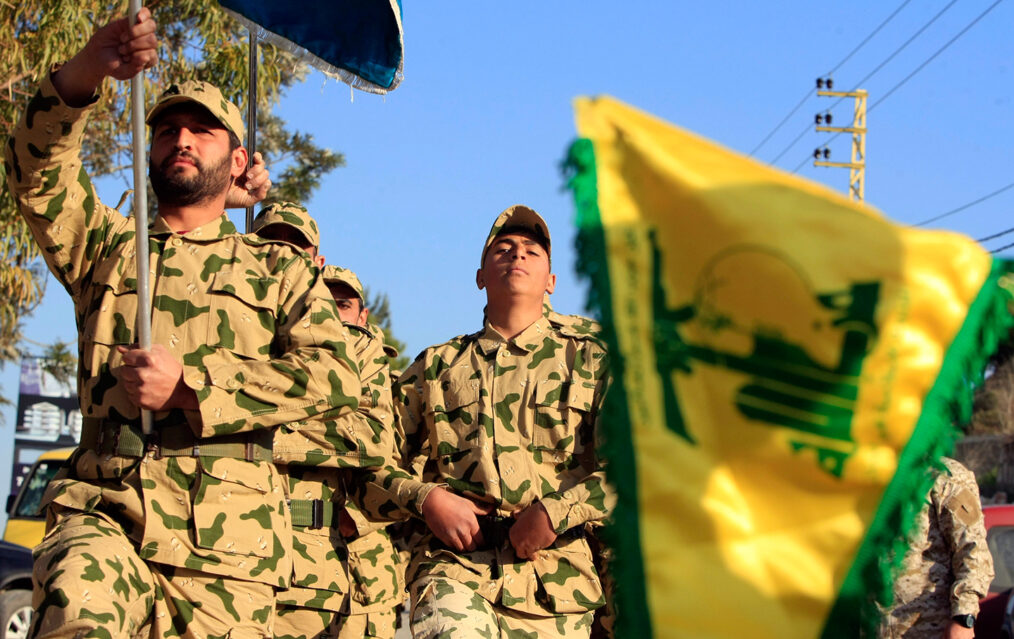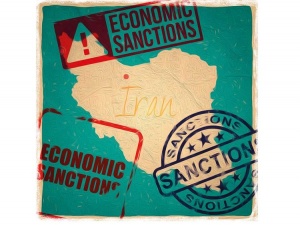
Image Credit: Gulf News
All is not well on the eastern front, as Iranian-American relations have hit their lowest point in decades.
The current round of escalation began on June 20th, when it was reported that Iran shot down an American drone over the Straits of Hormuz, in international waters. In response, the United States prepared to retaliate against three Iranian targets. However, the attack was called off at the last minute by President Donald Trump, allegedly because of the estimated death toll. Instead, the US response included cyber attacks and new sanctions on Iranian leaders, including Supreme Leader Ayatollah Ali Khamenei, preventing them from using international fiscal institutions. While the cyber attacks have been described as a “game changer,” the sanctions are frankly an ineffective stick in the US policy deck of cards.
It would be an understatement to describe the new sanctions as “unsurprising,” as every US president since Jimmy Carter (barring George H.W. Bush) has imposed sanctions on Iran in response to its unacceptable behavior. In recent years, sanctions have been imposed with the intent of creating an economic chokehold that would force Iran to halt its nuclear program.
However, it appears this tactic is ineffective, as countries such as China continue to buy Iranian oil in violation of the sanctions. Iranian citizens mocked them, one of them declaring, “The only people left to sanction are me, my dad and our neighbor’s kid.” Furthermore, just a week after the newest sanctions were imposed, Iran announced it had exceeded the enriched uranium limit previously imposed by the 2015 Joint Comprehensive Plan of Action (JCPOA), also known as the Iran Deal.
Whereas in the past the United States may have responded to events such as the Russian invasion of Crimea, or the use of chemical weapons in Syria with military force, the generational trauma of Iraq and Afghanistan have made the Obama and Trump administrations reluctant to use force, for fear of entering into another seemingly endless, unpopular war. As a result, unfriendly ambitious states such as China take advantage of the United States’ retreat from its role as the world’s policeman to further territorial ambitions without fear of violent escalation with the world’s most powerful army.
A decade of avoiding confrontation with rising powers, even in circumstances in which the use of force could have been legitimate, has undermined US deterrence credibility. Iran is now emboldened to upend the status quo, violating international law by shooting down the drone over what were technically international waters; enriching uranium despite anti-proliferation norms; and, increasingly worrisome, growing Iranian military presence in strategic areas in its regional neighborhood.
The sanctions policy has become reflexive and ineffective, as only part of the world abides by them; releasing new ones is widely viewed as symbolic, and has no real deterrence value. If the United States and its allies wish to maintain an international order based on democratic values, sovereignty, and diplomacy, they must give up the façade of national and personal sanctions. Instead, the threat of retaliatory cyberattacks, like the one carried out in response to the drone attack, must become the new US deterrence against states violating international norms.



